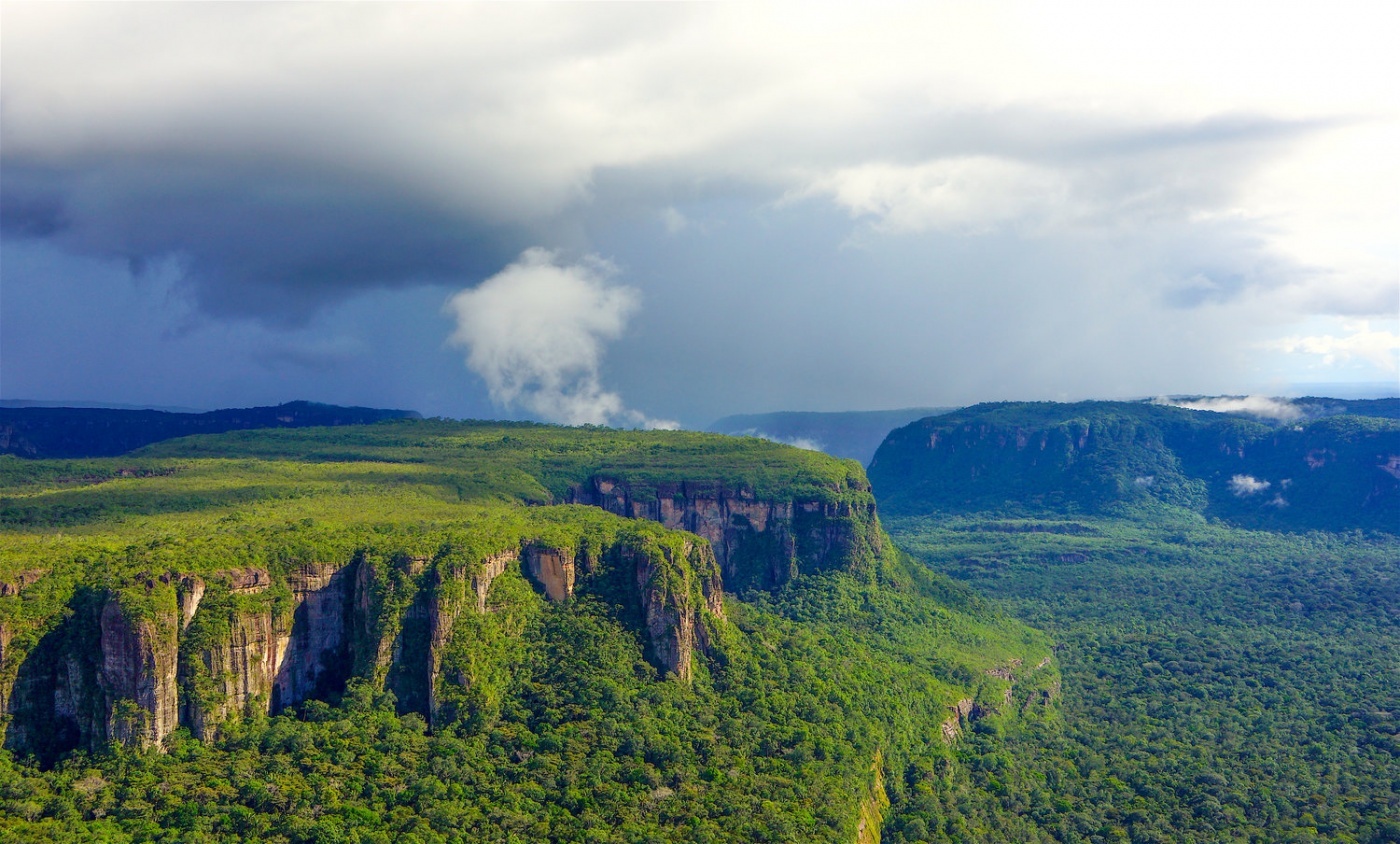Land across Latin America and the Caribbean is under pressure to satisfy regional and global food demands. Yet at the same time, the livelihoods of millions also rely heavily on diverse and healthy landscapes across the region. With these mounting pressures on land use, the level of greenhouse gas emissions has been driven up.
However, the region also boasts valuable leaders and policymakers who recognize the need for action and integration of improved land-use practices into climate policy. A high-level discussion hosted by the Initiative 20x20 Secretariat has allowed key figures to rationalize on steps to tackle the challenges ahead.
Carlos Manuel Rodriguez Echandí, Minister of Environment and Energy of Costa Rica and recently appointed CEO of the Global Environmental Facility (GEF) stressed the value of land use in climate action.
Facing some of the challenges in improving land use, Carlos Manuel Rodriguez Echandi stressed the need to understand the relevance of institutional frameworks that allow governments to be more policy-coherent. This will allow ministerial efforts to be aligned across sectors and positions them better to attain the SDGs and multilateral climate ambitions.
While basing an anecdote on the Costa Rica case, Rodriguez highlighted his success as a minister combining his dual portfolio of conservation and mining, but also called attention to the difficulty of working across ministries and economic sectors.
Carolina Schmidt, President of COP25 and Minister of Environment of Chile, followed with a pre-recorded keynote address on the national ambitions required to deliver on the Paris Agreement.
The Minister shared Chile's ambitions and progress on the climate agenda. Chile has recently released a new NDC which reflects its increased ambition. The country is leading by example and has included Nature-based Solutions as a crosscutting aspect in its new NDC. To deliver on this ambition, Chile will publish a strategy of bringing 1 million hectares of land by 2030 in the upcoming year (2021). Minister Schmidt is urging other leaders within the region for increased momentum and restoration ambitions in 2030. She then called national and international agents to mobilize finance in support of these new restoration ambitions.
Finally, the webinar discussion invited a commentary by Vincent Gradt, Managing Director of Mirova Natural Capital, who related Mirova's goal as an asset manager to preserve and create value for institutional investors by enriching ecosystems across the globe. Gradt referred to the challenges that Mirova faces as they develop projects focused on Nature-based Solutions and the value that partnerships bring. He recognized how, despite their ambition to attract an additional $1 billion USD in capital for investment in the next couple of years, there is a shortfall in financing to achieve meaningful change throughout the region and at a global scale. Yet, Gradt recognized the multiplier effect of partnerships like Initiative 20x20 that facilitate dialogues and exchanges.
The agenda can be found here while a recording of the high-level conservation can be accessed here.
